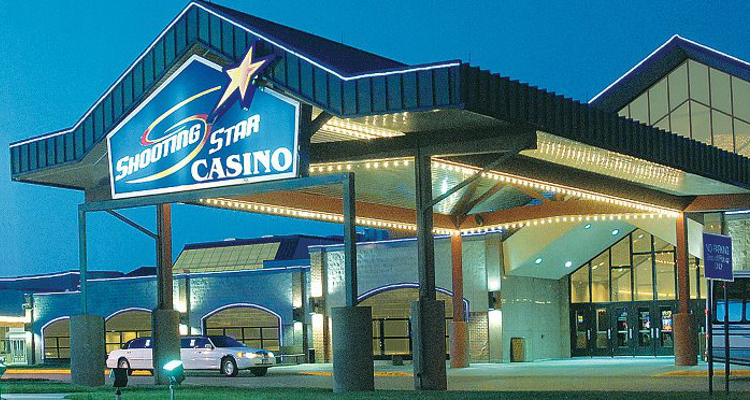A group opposed to a plan from the White Earth Band Of Ojibwe to build a third casino in northern Minnesota used a recent council meeting to call on the tribe to conduct a full environmental impact study on the 14-acre site before starting any construction.
According to a report from local television station WDAY-TV, the Star Lake Concerned Citizens Group attended the August 16 meeting of the Otter Tail County Commission to voice its concerns over how run-off from the proposed casino near the small village of Dent could affect the lake and its surrounding wetlands.
“[We want to] let them know how much concern there really is among Star Lake, Dead Lake and Dent communities,” Ty Dayton from the Star Lake Concerned Citizens Group told WDAY-TV. “The rural character of Star Lake and the surrounding area, we fear, will be destroyed forever.”
The White Earth Band Of Ojibwe already operates Shooting Star-branded casinos in the towns of Mahnomen and Bagley and revealed that its proposed Shooting Star Casino Star Lake would feature table games and slots alongside a bar and buffet service, gift shop, deli, hotel and recreational vehicle park.
“That much human pressure on the area is a major concern to what it will do in the intermediate term, maybe the short term and most definitely the long term,” said Dayton.
The planned Shooting Star Casino Star Lake, which could open as soon as next year, is due to be built on land placed into trust for the White Earth Band Of Ojibwe next to the south arm of Star Lake. Dayton, who declared that his group’s mission statement is to “protect, preserve and enhance the environment”, additionally called on the tribe to obtain a full environmental impact statement on the 225 acres of “fee land” the tribe intends to utilize in order to host the venue’s parking facilities and other non-gaming amenities.
“I think they came to make sure they were heard about their concerns for the environment,” Lee Rogness, Chairman for the Otter Tail County Commission, told WDAY-TV. “It is a very environmentally sensitive area and they just wanted to make sure they had the opportunity to get to a government unit.”
Rogness explained that the next step will see the White Earth Band Of Ojibwe voluntarily conduct an environmental assessment on the site before local residents voice their concerns via a 30-day public comment period.



